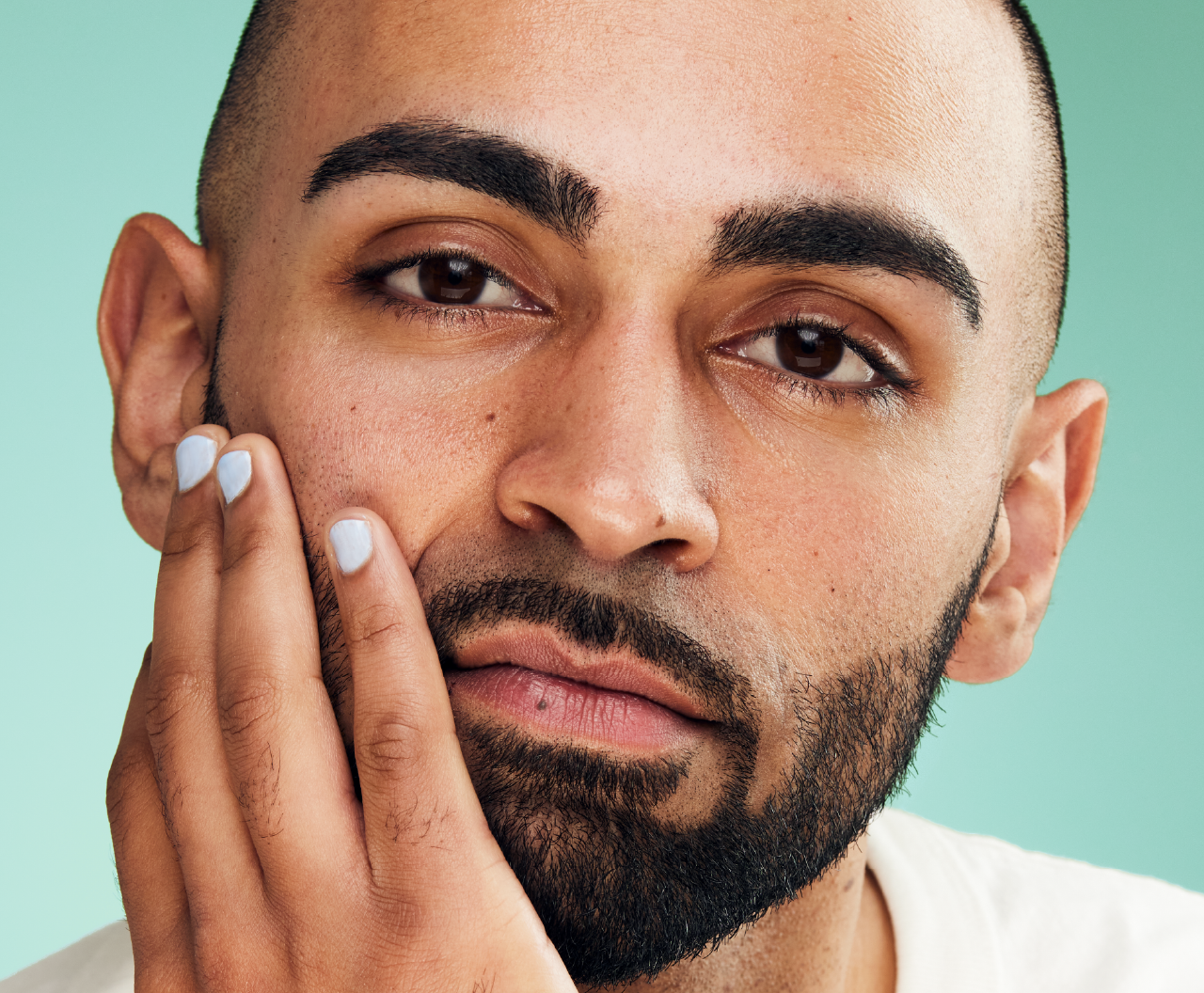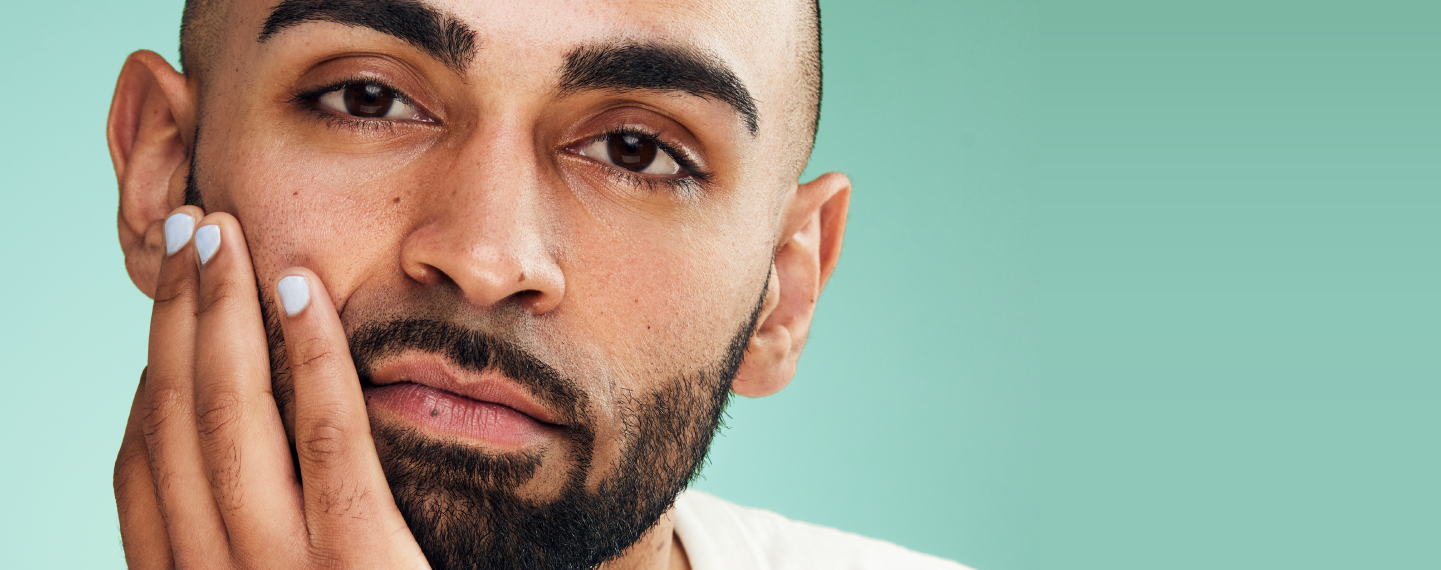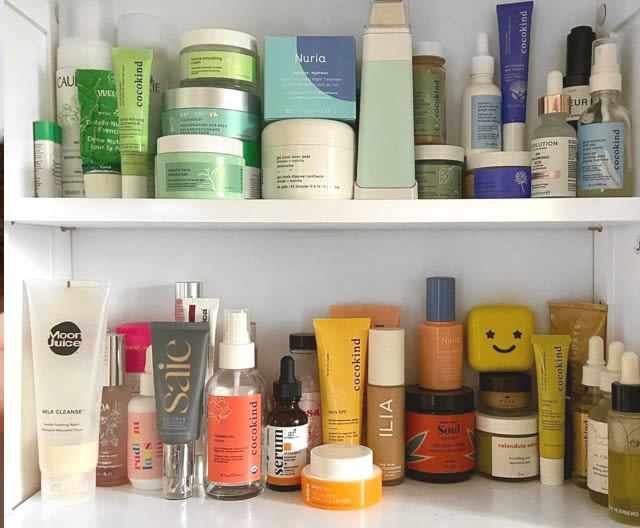Deep Dives
Is Benzoyl Peroxide Safe To Use?


SHARE
Deep Dives
Is Benzoyl Peroxide Safe To Use?
Medically reviewed by Knox Beasley, MD
Written by Annie Lam
Last updated 12/4/2024
Benzoyl peroxide (BPO) has been a dermatologist-favorite for decades due to its ability to kill acne-causing bacteria, unclog pores, and treat acne. It’s a widely used acne treatment that is backed by extensive research and is commonly recommended alongside topical antibiotics to prevent antibiotic resistance.
While benzoyl peroxide has been safely used for decades, recent studies raised concerns about the potential of benzene being present in benzoyl peroxide products. Let’s dive deeper into if benzoyl peroxide is safe to use.
The reports about benzene and benzoyl peroxide
In March 2024, there was a study published by a testing company called Valisure that raised concern about benzene being present in benzoyl peroxide cleansers. Benzene is a known human carcinogen, so the release of this study led to valid concerns about the safety of benzoyl peroxide.
The products were not contaminated with benzene, but it more so raised the concern that benzoyl peroxide could potentially degrade and become benzene when exposed to high temperatures.
While these claims may seem concerning, it’s important to look at the full picture and acknowledge the limitations of the Valisure report. One major callout is that the study was done primarily at elevated temperatures (37 - 70C). However, this is not the most realistic storage condition for benzoyl peroxide washes. Most people store these products at room temperature in their bathroom or medicine cabinet.
According to the Department of Dermatology at the Brigham and Women’s Hospital and Indiana University School of Medicine, “As currently presented, Valisure’s studies are challenging to interpret… there is a need for studies under appropriate storage conditions and for transparent independent verification.”
Overall, while the Valisure studies may have led to confusion over the safety of benzoyl peroxide, the method and conditions of the study are not an accurate representation of the use and storage conditions for everyday use of BPO washes.
Is benzoyl peroxide safe to use?
Now that we know the details of the study, let’s talk about if benzoyl peroxide is safe to use. As always, safety is our top priority and we want to minimize benzene exposure as much as possible.
Recent studies have been done to determine the safety of benzoyl peroxide use. Based on a 2024 study published by the American Academy of Dermatology, patients with acne treated with benzoyl peroxide had no significant difference in risk of lymphoma, leukemia, and internal malignancies. The findings “suggest that BPO exposure in patients with acne is not associated with an increased risk of malignancy.”
Due to the limitations of the Valisure studies and the recent studies that showcase the safety of benzoyl peroxide, we believe that benzoyl peroxide is generally safe for use in acne treatment.
A dermatologist’s take on the safety and efficacy of benzoyl peroxide
To date, there have been no recalls of any benzoyl peroxide products by the FDA and we believe that benzoyl peroxide continues to be an effective, well-studied ingredient that plays an important role in acne treatment.
We asked board-certified dermatologist Dr. Knox Beasley his thoughts on the safety and efficacy of benzoyl peroxide. He states, “Benzoyl peroxide is a safe and effective acne treatment option that I recommend daily in my clinical practice. It is a critical component to any acne regimen involving antibiotics.”
At Apostrophe, our goal is for providers to educate patients on the benefits and risks of all the medications available through our platform. It’s important to note that all medications have potential benefits, risks, and side effects. We want to help patients understand these so they can make an informed decision and work with their provider to determine the best treatment options for them.
Like what you just read? Sign up for our email list to get the scoop on skincare science delivered straight to your inbox.

Education
What is milia?
What is milia? Today, we’re jumping into one type of bump that you may have heard about most commonly in infants — milia.
Read More
Education
Best moisturizer for acne-prone skin
If you have combination acne-prone skin, figuring out which moisturizer is best for your skin might be tough. In this guide, we break down the best moisturizer for combination, acne-prone skin.
Read More
Education
How to build a face care routine
As you get into skincare, it might seem overwhelming, especially trying to figure out the order you're supposed to apply products in. Below, we detail how to build a face care routine for your skin!
Read More